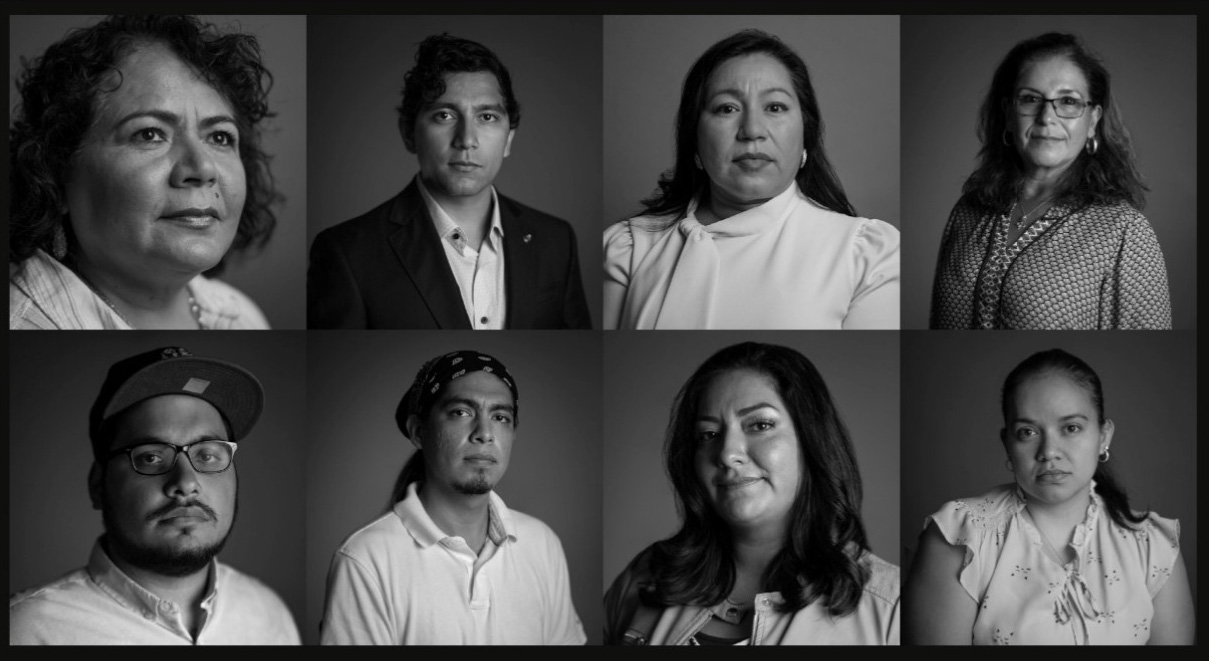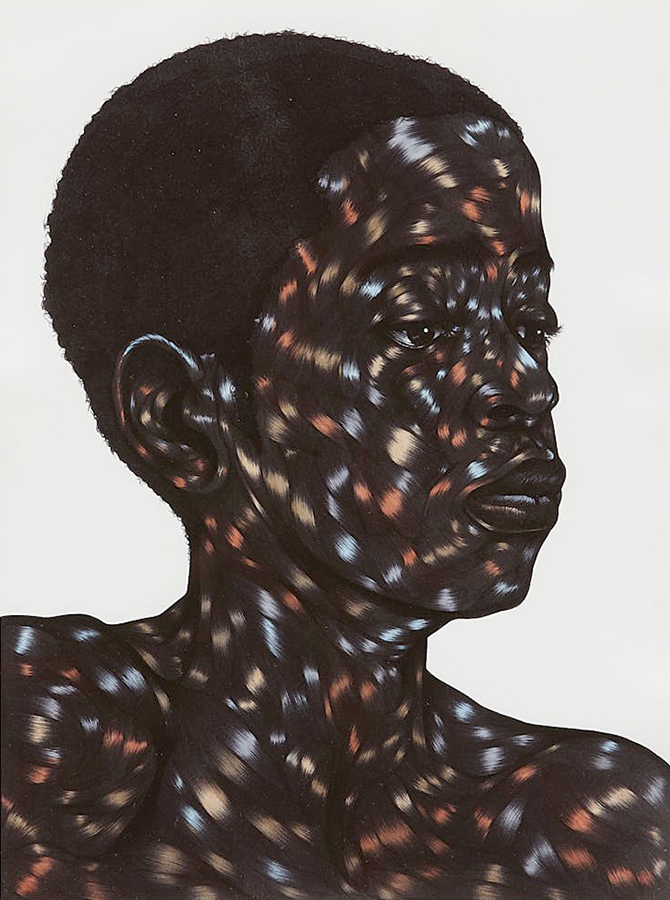English composition class, 1998. “Animal Farm,” “Native Son,” “Of Mice and Men,” “A Raisin in the Sun,” “The Great Gatsby” and “Fahrenheit 451” were just some of the literary classics on the required reading list for my junior year of high school.
To this day, these books are etched in my memory as extraordinary and moving reads that helped shape my imaginative and critical thinking. There was something unique that I still recall about each of the storylines.
From “Native Son,” I remember the vivid description of 20-year-old Bigger Thomas. From “Of Mice and Men,” it’s Lennie’s intellectual disability and how he mistakenly killed Curley’s wife. From “Fahrenheit 451,” I remember reading this: “A book is a loaded gun in the house next door. Burn it.”
Reading the words of the book's author, Ray Bradbury, I was fascinated by (what I thought was) the utter ridiculousness of the dystopian novel. The book takes place in a society that has banned all books in order to establish and maintain social control by denying people the means to think for themselves. When books are found in this future world, they are burned.
And here we are. As an educator and author, I observe the current widespread efforts at book banning taking place across our country and wonder whether “Fahrenheit 451” reflects our own future, our own present. Burning books sounds so far-fetched and ridiculous to me, but so does the current censorship and banning of important texts at the hands of a few folks hell-bent on denying young people the right to think critically.
These same people do not want young minds exposed to diversity in literature, which would introduce and connect them to different worlds, people, backgrounds and ideas. Perhaps that is why Bradbury wrote to begin with — as a warning of censorship’s dangers to those of us in the future.
Some efforts are being waged under the false argument of protecting children. Yet when I see books like “The Hate U Give,” “The 1619 Project” or “The Color Purple” on the list, I know that this is beyond a genuine concern that young people will be harmed. This is about control.
This is also about racism, misogyny, homophobia and classism. This is about concealing painful truths and the whitewashing of American history. This is about denying our young people their God-given ability to think critically.
We are living in “Fahrenheit 451.” Books aren’t being burned … yet.
I am not sure where I would be today if not for the variety of books I was introduced to as a young person. To see some of those same books from my English comp reading list among the currently threatened classics makes me both angry and sad.
My upcoming book, “Unbossed: How Black Girls Are Leading the Way,” includes a chapter about Ssanyu Lukoma. She told me that as a 5-year-old, she fell in love with a book called “Rosa,” an inspiring children’s book about Rosa Parks written by Nikki Giovanni. In this biography, she saw a Black woman whom she admired. She encountered a real-life story that challenged her.
A teenager now, Ssanyu still has the book that made such an impact on her as a young girl. She told me, “I want to give it to my kids when I grow up, because I love that book so much.”
This one experience set her on a trajectory to become the founder of her own nonprofit organization, Brown Kids Read. On her website, she writes: “Reading is essential to the success for young children’s mental development and since I’m an avid reader, I wanted to share that joy with the generation coming behind me. I started Brown Kids Read to motivate all children, but especially children of color to read more diverse literature.”
What has now become her passion and life’s mission all began with a 5-year-old’s experience of a picture book called “Rosa.” Today, I wouldn’t be surprised if that same book made it onto someone’s banned books list.
In times like these, my faith is tested. Is this widespread censorship godly? As a person of faith, I believe that all human beings bear the image of God. Scripture points to a unique connection between God and human beings, because we were created expressly in God’s image, as written in Genesis 1:27. The Latin term for this theological concept is imago Dei.
Imago Dei suggests that we can learn about God through our love for other human beings, who were likewise made in God’s image. We are charged to love one another, which also means we have a responsibility to learn from one another.
I can learn more about God through the eyes of my neighbor. The stories, the experiences and the testimonies of my neighbor are all legitimate opportunities for me to have an encounter with the spirit of God in some unique way. I may not understand or be able to relate to some of those experiences, but there is something that I can learn from all of them.
Banning books is not just dangerous to the fabric of society; it’s dangerous to us spiritually. It limits our ability to learn more about the God who created us when we cut off our exposure to the diverse nature of God through other human beings. If it is anti-human experience, then it is anti-God, because God is ensconced within the human experience.
Our society may be living in “Fahrenheit 451,” but people of faith certainly should not be pushing the agenda.

















